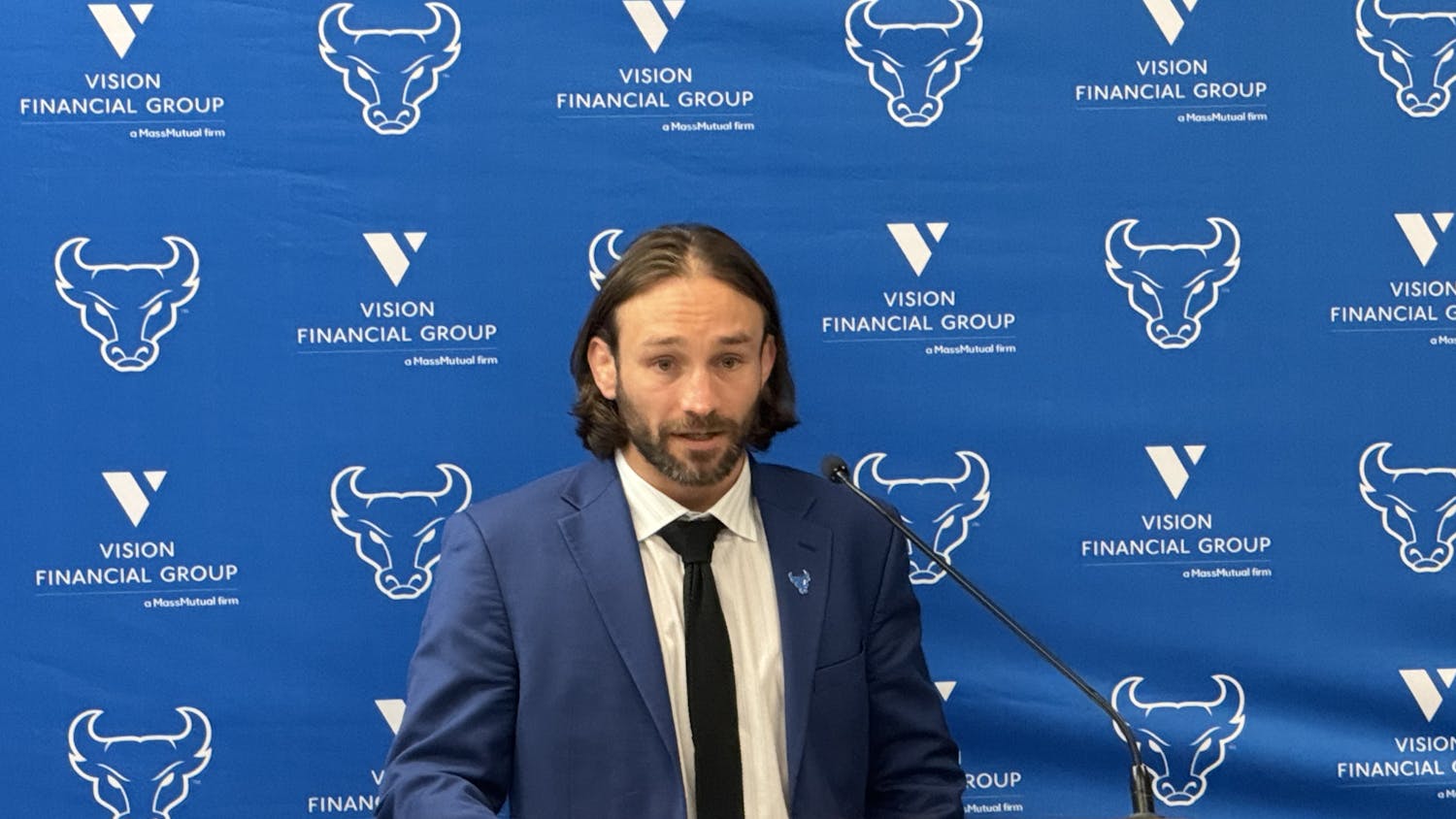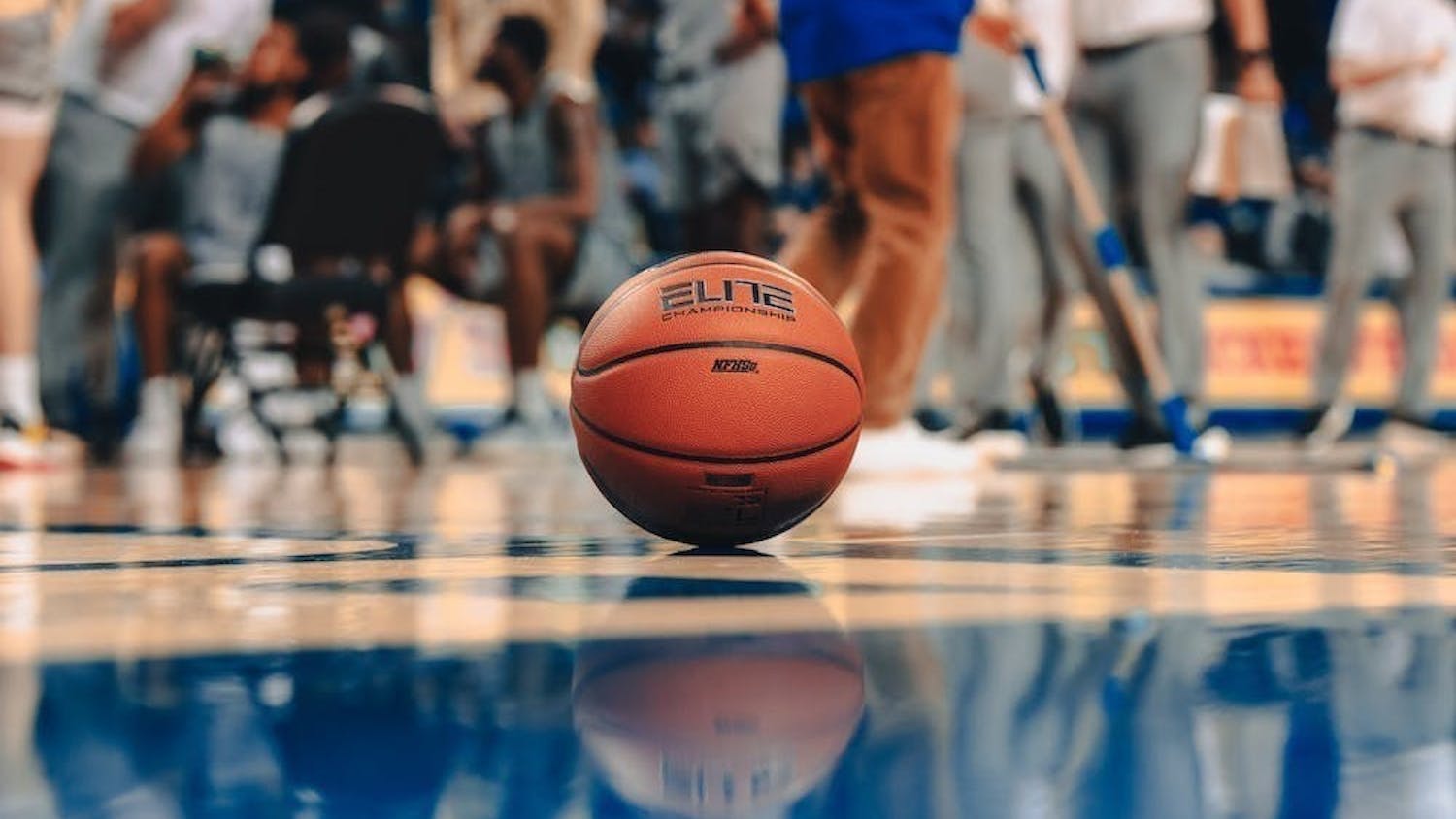A few years back, I read a story about an up-and-coming high school student from the projects of Baltimore, Maryland. He was the top of his class, a rising student who was ready for college.
He worked tireless every day to get there, holding down jobs and making school a daily priority. He understood the degree of difficulty to go to college. He knew it was an uphill climb, but he worked tireless for it either way.
All I know is he never made it to college and that was the end of his story as far as I’m concerned. Who knows what he could have been capable of doing. All he wanted was a college education.
It’s something many people take for granted these days, especially student-athletes.
It’s a pre-conceived notion that whenever a student-athlete steps onto a college campus, he or she should be treated like a professional athlete. Some feel also deserve the perks of a professional athlete, especially at Power 5 schools where college athletics take precedence over most academics.
And it’s fair to say. Those athletes make a boatload of money for their respective schools through merchandising, name recognition and advertising, to name a few. And that list could go on and on.
These athletes regularly speak out to defend themselves about making money for their recognition. It was estimated that former Kansas guard Andrew Wiggins was worth $1.6 million to the University of Kansas – more than the average rookie contract at the NBA level. Johnny Manziel, the former Texas A&M quarterback, was worth even more to his school. The same goes for former Flordia State quarterback Jameis Winston.
Many student-athletes in the same position will say the same thing about themselves. They feel entitled to money that the school makes off of them. When you start to make money as an athlete, you’re considered a professional in my books.
So if a player wants to be paid like a professional, he or she must act like a professional.
Remember Winston’s outbursts in the Florida State Student Union? That would be a hefty fine from the NFL and a possible suspension from the league. Remember Manziel’s party boy antics? That would be a media nightmare for the Cleveland Browns and would have ended up being a fine and a suspension.
Remember what happened with former UB forward Justin Moss? After he was caught stealing money from an on-campus apartment in June, UB had to expel him. The Bulls did not remove him. If he was on a professional team and caught stealing even once, there’s a great possibility he would be cut immediately.
But all these athletes were in college. They weren’t forced to pay a single dime. They served at most a two-game suspension handed down by the school. A suspension or fine would be inevitable at the professional level.
These athletes need to realize it cannot be a double standard. If they want to be treated like a professional, they must take the right action. That means no drugs, no public outbursts and nothing to draw attention to themselves other than what media can cover on the field or on the court.
But there’s the other side of the spectrum as well. I know many college athletes – nationwide and personally – that do not take their scholarship for granted.
As student-athletes, players get full scholarships. They don’t pay for school, which is the most important part of the college process. They get free housing and a free meal plan. Professors sometimes give a grade-handicap to athletes just because of their campus prominence. Players get all of this to play the sport they love.
Rough life.
Remember that Baltimore student that couldn’t go to school because of finances? Who knows what happened to him. Maybe there was a success story and he did make it to college eventually. Maybe not.
Players who get scholarships sometimes take it for granted. They forget that less than one percent of college athletes go professional. Less than one percent get that multi-million dollar contract. More than 99 percent don’t make it and go on with their lives outside of sports.
College athletes – ask yourselves if you would you rather embrace what the NCAA dictates and be ready for the future or have four years of privilege and bypass the real reason of college in the first place?





